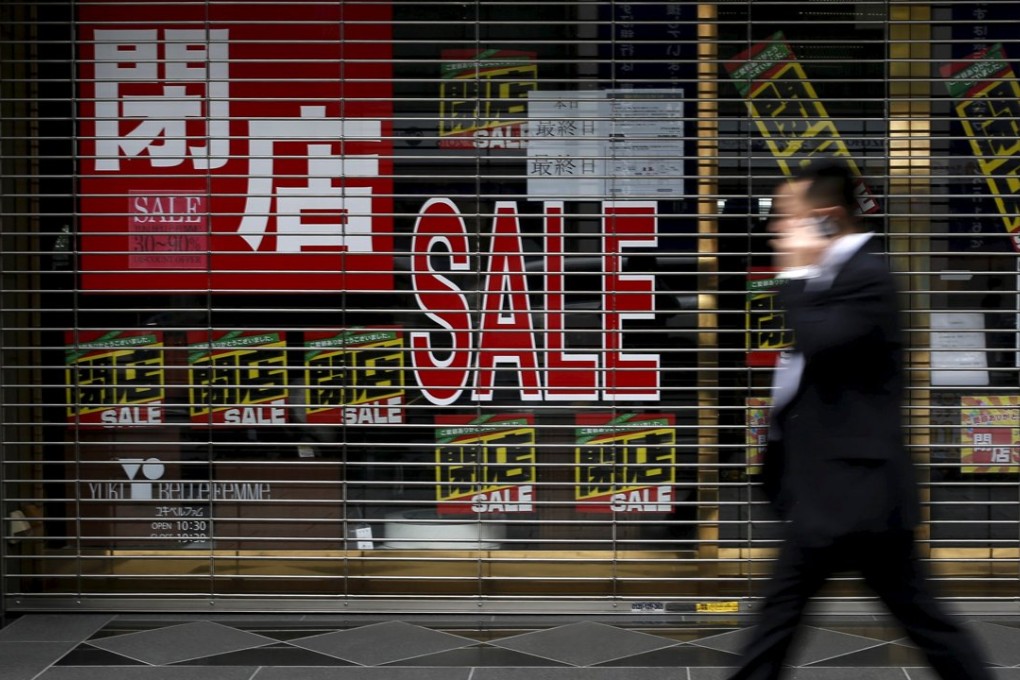Markets’ limp response to negative rates underscores Japan’s confidence problem
Koichi Hamada says there is no sound reason for its markets to treat negative interest rates, which were meant to ease monetary conditions, as a signal of more risks to come

In a bold attempt to re-inflate the Japanese economy, the Bank of Japan has pushed interest rates on deposits into negative territory. Though this policy is not new – it is already being pursued by the European Central Bank and others – it is uncharted ground for the BOJ. And, unfortunately, markets have not responded as expected.
READ MORE: Japan’s big gamble on negative interest rates
In theory, negative rates should spur increased lending to companies, which would then spend more, including on hiring more employees. This should spur a stock-market rebound, boost household consumption, weaken the yen’s exchange rate and halt deflation. But theory does not always translate into practice; the policy’s effects on the yen and the stock market have been an unpleasant surprise.
One reason for this is pessimism about Japan’s economy, reinforced by volatility in China, monetary tightening in the US and the collapse in oil prices. But, as BOJ governor Haruhiko Kuroda reported, Japan’s economic fundamentals are generally sound, and pessimistic predictions are exaggerated.
In fact, Prime Minister Shinzo Abe’s strategy has enabled Japan to stay on a reasonably positive path, with the economy showing signs of steady recovery from its decades of stagnation. Even Japan’s external challenges may not be such bad news. For starters, Japan may actually benefit from US monetary tightening, as an appreciating dollar makes Japanese exports more competitive.
READ MORE: Japan’s Abenomics programme lies in tatters

There is no reason why the Tokyo stock market should gyrate whenever the Shanghai market shakes